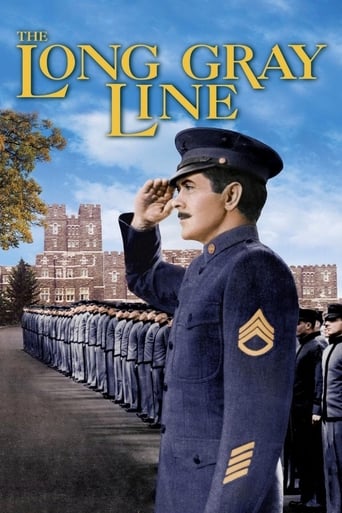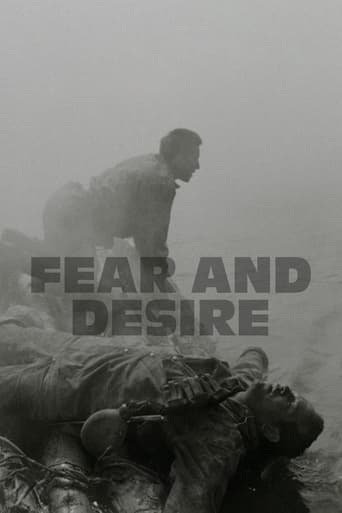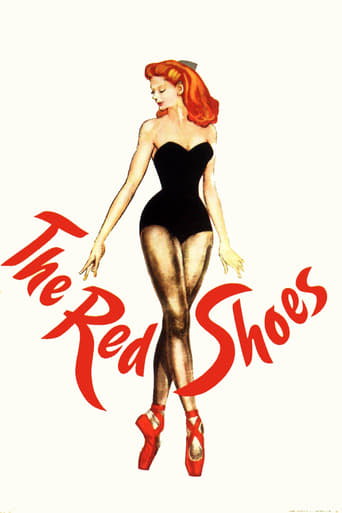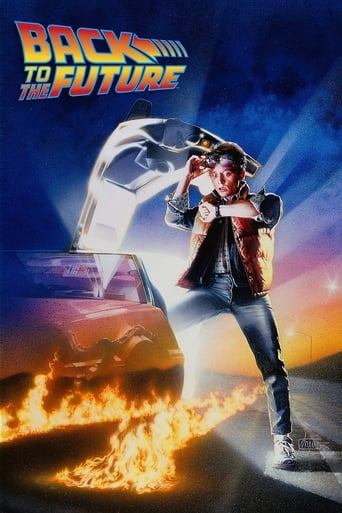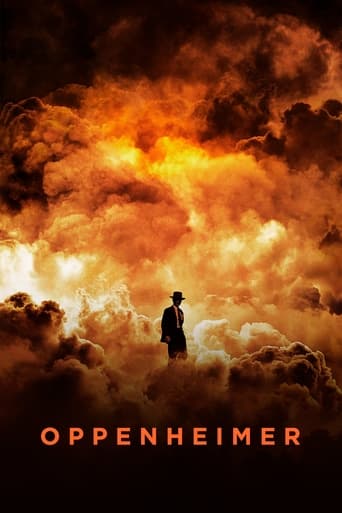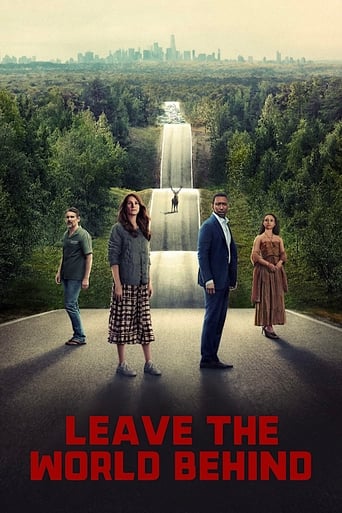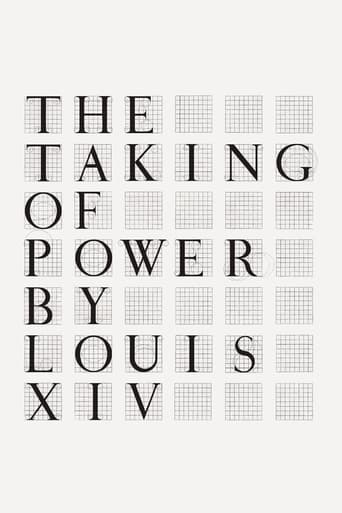


The Taking of Power by Louis XIV
Cardinal Mazarin dies, leaving a power vacuum in which the young Louis asserts his intention to govern as well as rule. Mazarin's fiscal advisor, Colbert, warns against Fouquet, the Superintendant who has been systematically looting the treasury and wants to be prime minister. Fouquet believes Louis will soon tire of exercizing power and overplays his hand by offering a bribe to Louis' mistress to be his ally. She reports this to the king who arrests Fouquet. Louis and Colbert design a brilliant strategy to keep merchants making money, nobles in debt, the urban poor working and fed, and peasants untaxed.
-
- Cast:
- Jean-Marie Patte , Raymond Jourdan , Katharina Renn , Fernand Fabre , Maurice Barrier , André Dumas , Michelle Marquais


Similar titles
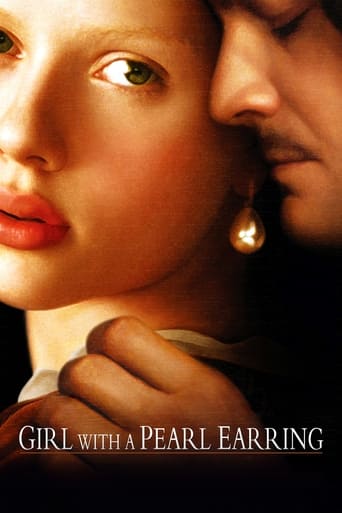
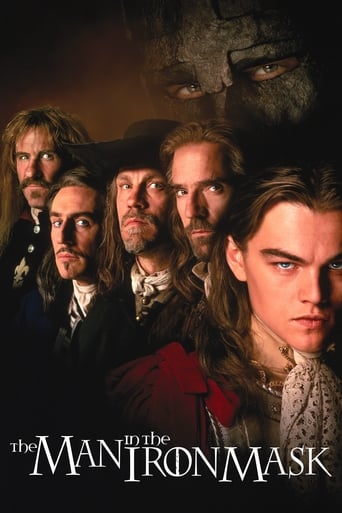
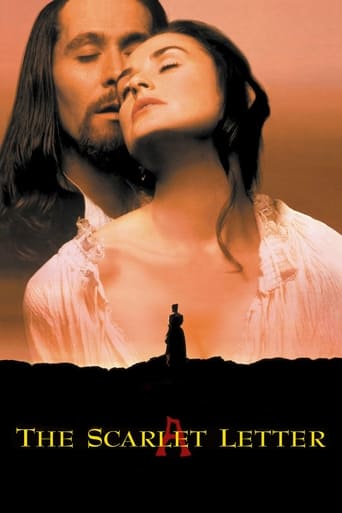
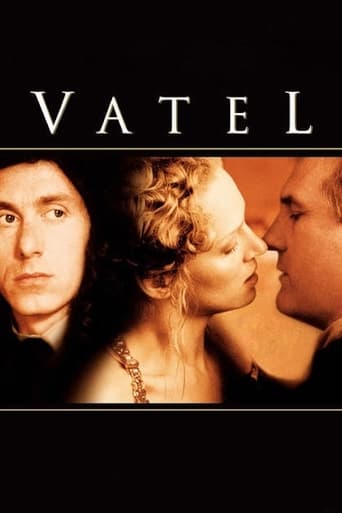
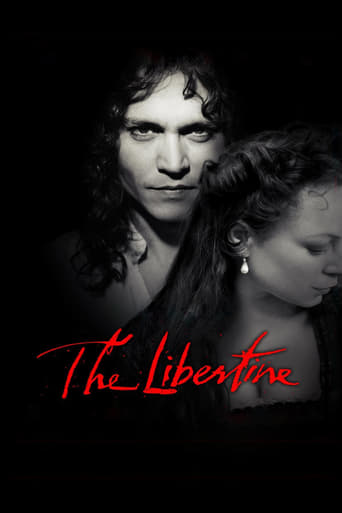
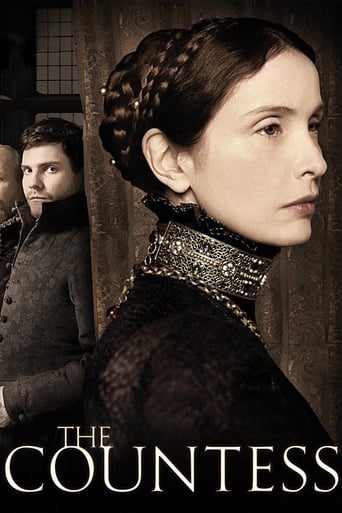

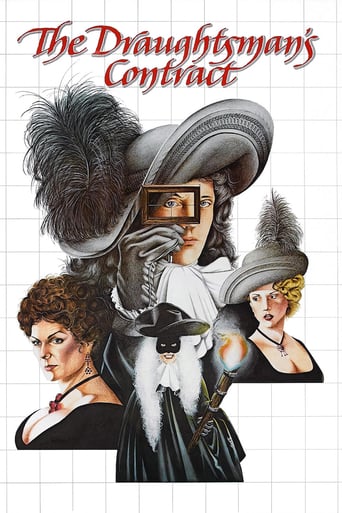
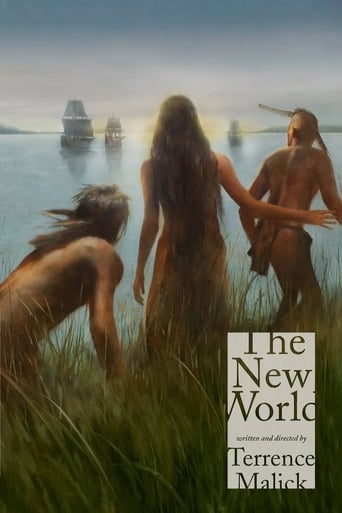
Reviews
I don't have all the words right now but this film is a work of art.
I cannot think of one single thing that I would change about this film. The acting is incomparable, the directing deft, and the writing poignantly brilliant.
The acting is good, and the firecracker script has some excellent ideas.
Through painfully honest and emotional moments, the movie becomes irresistibly relatable
I am a retired history teacher and I love historical films. However, I just cannot recommend "The Rise of Louis XIV" because it is incredibly dull. That says a lot, as I normally have a very high capacity for anything historical. It's just that the court life of Louis XIV was generally very dull and formal and mannered. Replicating it was a feat--but not a good one! It's funny, as usually my complaints are that historicals stray too far from the facts. My complaint here is that they DON'T--and that is the problem. Simply reading about court life of Louis XIV is far more interesting and I found myself falling asleep repeatedly while viewing the film. Boring and unappealing--just like Louis himself!
The story starts with the death of Cardinal Mazarin, who has been the de facto ruler of France for some time. Louis, until this point, content to frolic with mistresses and indulge in the arts, decides to take up the reins of state, much to the astonishment of the court. His mother has been waiting for this opportunity to once again become influential in affairs of state and is looking to place her man the Marquis de Tellier as prime minister. Louis clearly loves his mother very much, however decides that she should not attend the council of ministers and takes Colbert, the steward of Mazarin as his right hand. The film portrays Colbert as someone recommended to Louis by Mazarin on his deathbed. I think this is probably misleading, as, from my short readings on the subject Colbert was already well known to Louis.Louis decides upon a route and branch restructuring of governance in France. He is haunted by an event from his childhood known as The Fronde, a sort of 17th century civil war that had almost claimed his life and had reduced parts of the country to brigandage. He decided on a pretty much totalitarian solution, which the historians refer to as absolutism, to become the "Sun" of France. That is, all affairs in France would be run by Louis, all citizens and nobles would derive their worth from Louis, just as nature derives all things from the sun. He believed that this was the natural order of things as ordained by God.His mother and her agenda is not needed for this revolution. There's a quite touching scene between Louis and his maman where he is clearly pained at what he's doing to her (almost like sending her off to the old folks home).He moves the entire court from Paris to Versailles (which undergoes a huge revamp), and institutes a preposterous new dress code. Not only that, but he requires the nobles to leave their estates and permanently reside in Versailles. Louis also wants to calm the people and sets Colbert a reformist agenda that will aim to lower taxes and reduce dependence on foreign manufacturers.The reign of Louis XIV reminded me of the reign of Amenhotep IV (later called Akhenaten, or the servant of Aten), the pharaoh of Egypt who moved his entire court from Thebes out to a newly constructed city, Amarna, and attempted to totally erase the old religions in favour of the monotheistic worship of Aten, the sun.I felt the film was very energising from the start, in Louis here was a man who wanted to change France. We're shown that he is just a man like the rest of us, in his bed chamber he leads his courtiers in prayer, which he forgets halfway through, and has to mumble. Towards the end we see him alone in a chamber reading a book, learning like the rest of us.Some people may not like this movie because the whole is very deadpan, which I feel is very realistic, but if you like a passionate French period drama like La Reine Margot, well this is very different. It seemed a very painterly movie, a lot of effort had been gone to with composition and the camera was very static. The costumes got pretty dreadful towards the end of the movie, Louis insisted on an overload of ribbons and lace, like he's setting out to humiliate his entire court.So here we had a man, pharaoh, who decided to fashion his world in his manner, with the assurance of a sleepwalker. It is hard to judge him, it's hard for me to see the events as anything other than a page in history's baroque miscellany.It's absolutely fascinating and has awoken in me an urge to find out more about the subject. Rossellini created a series of these films for television apparently he believed that television should be pedagogic. He was against barbarism. Note the very careful use of words, not learning or philistinism, pedagogy and barbarism. Luckily for him he's not around today to see what has become of TV.
Louis XIV was not judged by his contemporaries to be much of anything while Mazarin was alive. This film shows how with brains and style, he consolidated power by subtly weakening the nobility of France with "circuses and bread." Aristocrats obsessed with the King's latest style of coat while competing for his favor were not going to wage petty wars or rebel again. To keep them placated and diverted, Louis built Versailles - L'Île Enchantée, the 17th century version of Disneyworld. In that island of wonder and diversion, he turned his fractious nobles into groupies, hanging on is every word and gesture. He gave them plays, operas, masques, fine cuisine, wine, fabulous gardens to play in, and a style of living that required more money than their estates could earn. Versailles was their golden cage, and even with the door open, none wanted to fly out. A little more than a century later, his great-grandson would die on the guillotine, an end whose beginnings were sown in the isolation and excesses of the court he created to consolidate his power.
Apply cinema verité to an historical setting and You Are There. Rossellini succeeds in slowing the pace, but rather than making it feel slow, he makes it feel majestic, as it should be in a story about a king. Likewise, he makes the dialog conversational à la Hawks. The locations are authentic, as are the costumes and customs, thus completing the illusion.In Olivier's Henry V, we see how a one becomes a feudal king; in The Rise of Louis XIV, we see how one becomes a Sun King.

